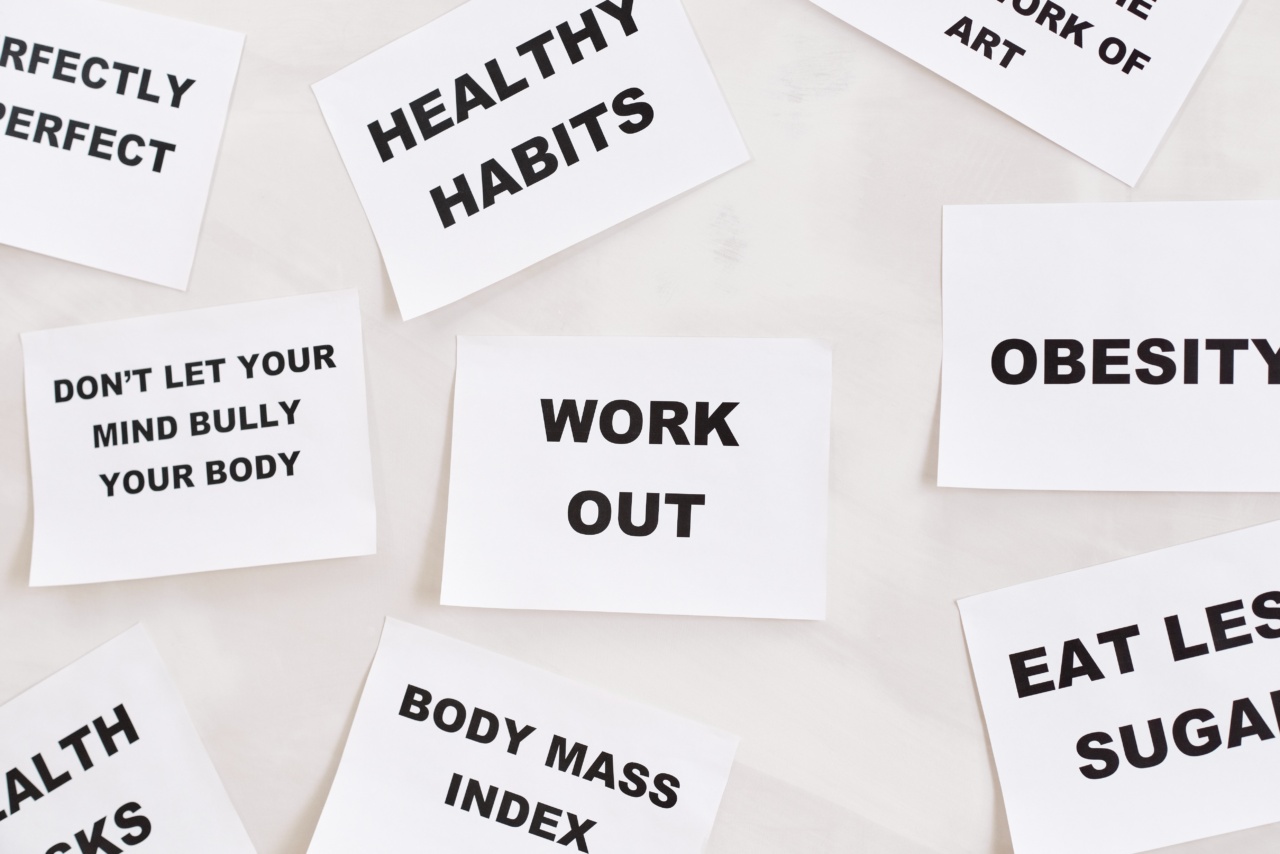Eating is one of the most basic human needs, but for many of us, it can be a source of stress. We often find ourselves grabbing fast food on the go, or skipping meals altogether because we don’t have time to cook.
When we do eat, we may feel guilty or anxious about what we are putting into our bodies. Stress-free eating habits can help us make better choices, feel better about ourselves, and ultimately, enjoy food more.
Plan Ahead
One of the best ways to reduce stress around eating is to plan ahead. This means taking a few minutes at the beginning of each week to think about your meals.
You might decide to cook a big batch of chili on Sunday that you can eat throughout the week, or plan to order a healthy takeout meal from a local restaurant midweek when you know you’ll be too busy to cook. Having a plan in place means you won’t have to make stressful decisions about what to eat when you’re already feeling hungry and frazzled.
Shop Smart
Another important part of stress-free eating is shopping smart. If you don’t have healthy ingredients on hand, you’re more likely to reach for junk food or skip meals altogether.
Take some time to stock your pantry and fridge with nutritious options like fresh fruits and veggies, lean proteins, and whole-grains. You might even consider investing in some time-saving kitchen gadgets like a slow cooker or instant pot that can help you prepare healthy meals quickly and easily.
Practice Mindful Eating
Many of us eat on autopilot, scarfing down food while scrolling through our phones or watching television. But mindful eating can help us enjoy our meals more and reduce stress.
This means sitting down at a table, without distractions, and taking time to savor each bite. You might notice the textures of your food, the flavors, and the sensation of chewing. This can help you feel more connected to your body and your food, which can lead to better eating habits.
Avoid Fad Diets
The diet industry is a multi-billion dollar business, but many of the trendy diets out there can end up causing more stress than they alleviate.
These diets often require strict rules around what you can and can’t eat, which can lead to feelings of guilt and shame when you inevitably slip up. Instead, focus on making sustainable, healthy choices that you can stick with over the long term. This might mean incorporating more whole foods into your diet, or cutting back on sugar or processed foods.
Listen to Your Body
Ultimately, the best way to create stress-free eating habits is to listen to your body.
This means tuning in to your hunger signals and eating when you’re hungry, stopping when you’re full, and paying attention to how different foods make you feel. If a certain type of food leaves you feeling sluggish or bloated, consider cutting back or eliminating it from your diet. If you’re craving something sweet, try satisfying that craving with a piece of fruit instead of a candy bar.
Find Support
Changing your eating habits can be difficult, but it’s easier when you have support. Consider joining a support group, or finding a friend or family member who shares your goals.
You might also choose to work with a registered dietitian or other healthcare professional who can help you make an individualized plan that works for your body and your lifestyle.
Make Eating Fun Again
Finally, it’s important to remember that food should be enjoyable. If you’ve been stressed about eating for a long time, it might be time to rediscover the joy of food.
Experiment with new recipes, try cooking with herbs and spices you’ve never used before, or explore new cuisines. When you approach food with a sense of curiosity and playfulness, you’ll be more likely to make healthy choices that make you feel good.





























